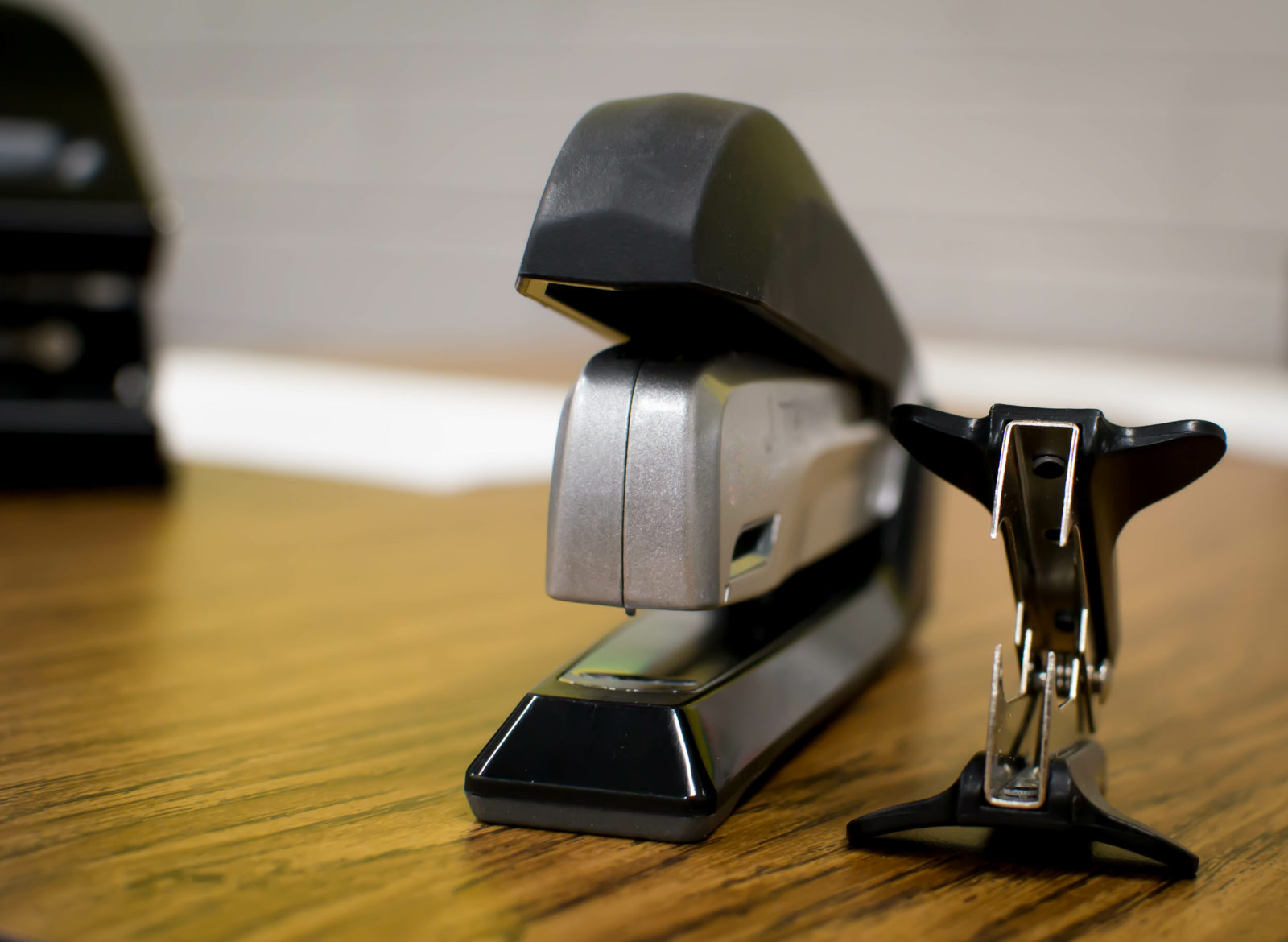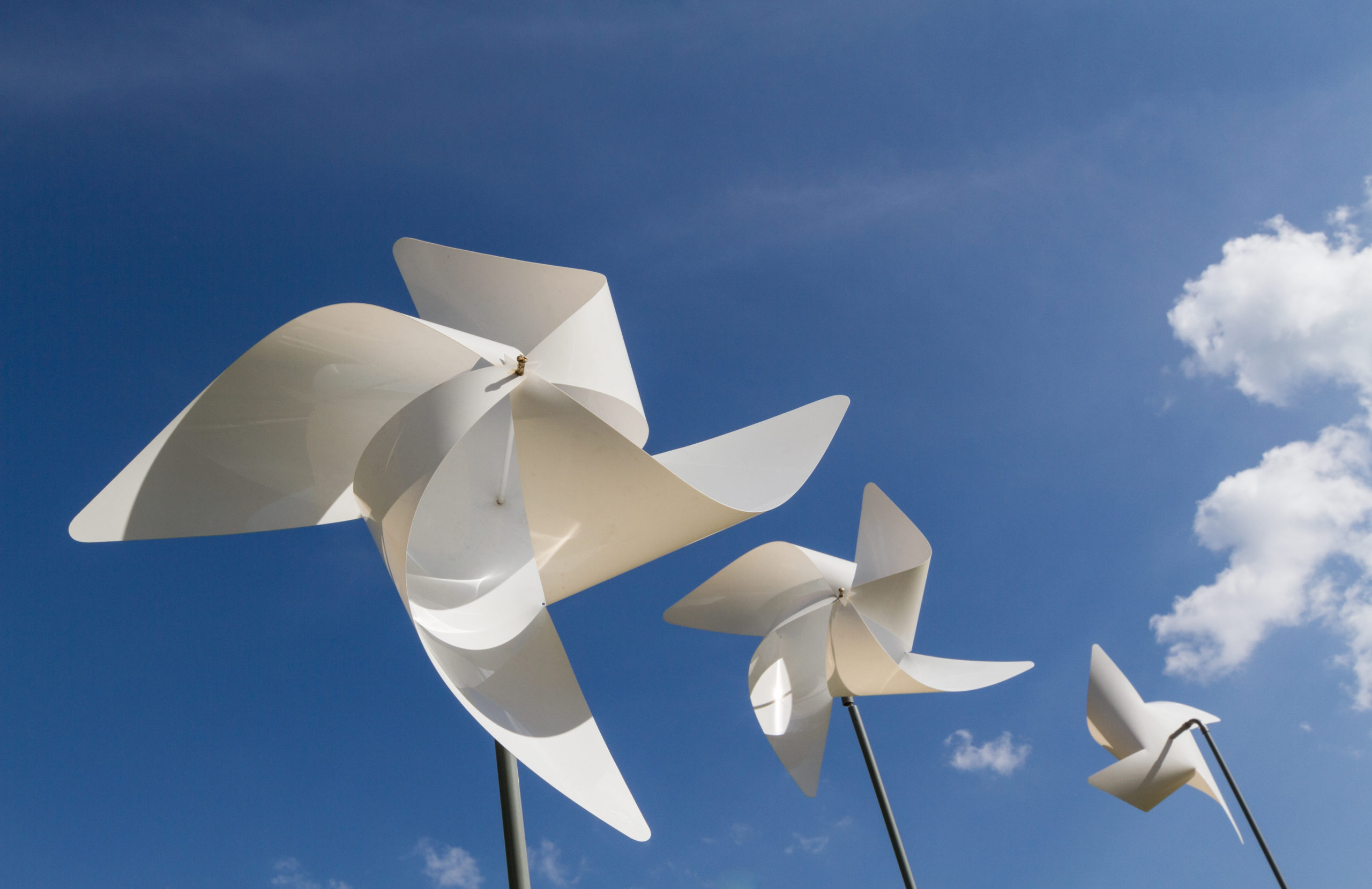Rapid rail may link more of our cities

Q&A: Wedge Issues

Fact, Myth, and the Scopes Monkey Trial
People who only want unbiased, honest science education that sticks to the evidence are bewildered by the reception they get when they try to make their case. Their specific points are brushed aside, and they are dismissed out of hand as religious fanatics. The newspapers report that “creationists” are once again trying to censor science education because it offends their religious beliefs. Why is it so hard for reasoned criticism of biased teaching to get a hearing? The answer to that question begins with a Jerome Lawrence and Robert E. Lee play called Inherit the Wind, which was made into a movie in 1960 starring Spencer Tracy, Gene Kelly and Frederic March. You can rent the movie at any video store with a “classics” section, and I urge you to do so and watch it carefully… The play is a fictionalized treatment of the “Scopes Trial” of 1925, the legendary courtroom confrontation in Tennessee over the teaching of evolution. Inherit the Wind is a masterpiece of propaganda, promoting a stereotype of the public debate about creation and evolution that gives all virtue and intelligence to the Darwinists. The play did not create the stereotype, but it presented it in the form of a powerful story that sticks in the minds of journalists, scientists and intellectuals generally…
Read More ›Defeating Darwinism by Opening Minds
Defeating Darwinism by Opening Minds is directed at a lay audience who is trying to understand how to open up serious dialogue over evolution. UC Berkeley law professor Phillip Johnson and program advisor for the Discovery Institute’s Center for Science and Culture, explains that the core question in the creation/evolution debate is not about the age of the earth, but about Read More ›
Science Friday, Scopes Trial 75th Anniversary, part 1
To hear in Real Audio go to “http://www.sciencefriday.com/” HEADLINE: SCOPES TRIAL AND THE THEORY OF EVOLUTION VS. CREATION IRA FLATOW, host: This is TALK OF THE NATION/SCIENCE FRIDAY. I’m Ira Flatow. Today is the 75th anniversary of the day a Tennessee jury, after deliberating for nine minutes, handed John Scopes a guilty verdict. The crime: violating Tennessee’s law that banned Read More ›
Plans for Cascadia go full steam ahead
